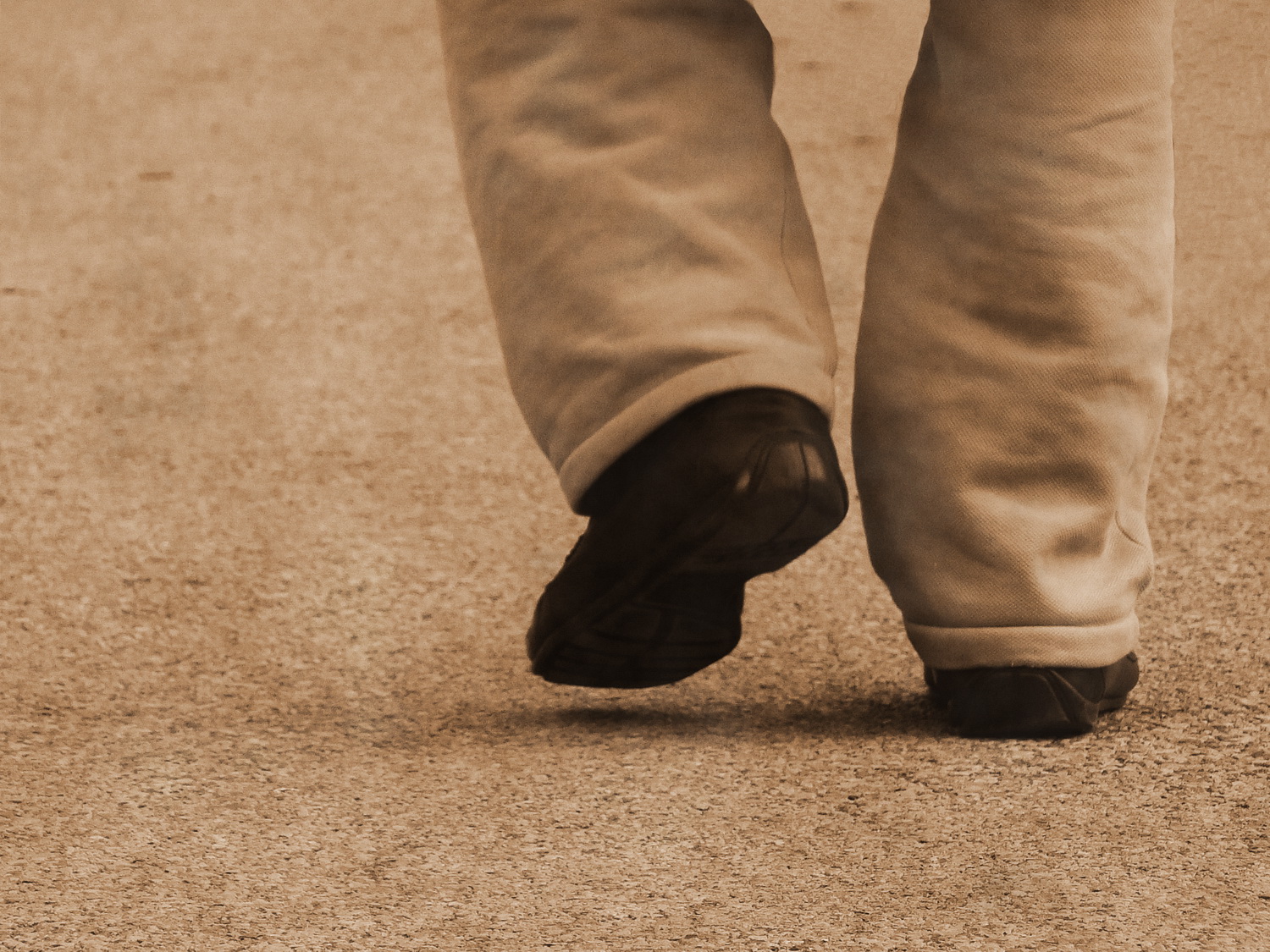
MONDAY, Aug. 15 (HealthDay News) — Psychologists call it the “culture of honor,” a mostly male mindset that places a high value on defending one’s reputation at any cost. But new research confirms that it’s linked with high rates of accidental deaths.
“People who embrace these values also report more risk-taking,” explained study author Dr. Ryan Brown, an associate professor of psychology at the University of Oklahoma, in Norman.
This dangerous male mindset is also more prevalent among those living in the South and West, in such states as South Carolina, Texas and Wyoming, he added.
In two studies published in the current issue of the journal Social Psychological and Personality Science, Brown looked at the consequences of such thinking.
First, he compared rates of accidental deaths (car accidents, drowning, over-exertion and so on) in all U.S. states. He found the so-called “honor states” had higher rates than non-honor states (such as New York, Ohio, Wisconsin).
More than 7,000 deaths a year can be blamed on risk-taking linked with the “culture of honor,” he said.
The behavior was most common in more rural areas of the honor states, he found. In the cities of honor states, he found a 14 percent higher accidental death rate than in the cities of non-honor states. He found a 19 percent higher rate in the smaller towns of honor states compared to non-honor states.
“In a smaller town, your reputation is much more important,” he said. It’s likely that everyone knows your business, and that could be good or bad for your reputation, he explained.
In a second study, Brown surveyed 103 college students from his university, including 79 women.
The participants completed tests measuring how much they subscribed to the culture of honor, finished a self-esteem test and answered questions about their tendencies toward risk-taking behavior. A sample statement to which they agreed or not was: “A real man doesn’t let other people push him around.”
The more the person subscribed to a culture of honor, the more likely they were to engage in risky behaviors, the findings showed.
The effect was there for women, too, Brown said.
He and others have previously noted that this culture of honor originated with the Ulster Scots (mistakenly sometimes called the Scotch-Irish) who came to the United States during the 18th century.
In their homeland, he said, they were herders and were always being invaded by someone. They learned to protect and defend themselves, not always in ideal ways. A typical statement, Brown noted: “You take one of our cows, we will take your whole herd.”
The culture of honor behavior persists, he said, despite the disappearance of the herds.
It has staying power, Brown added, and is fostered through norms and values about masculinity and femininity. It’s the stuff of country songs, he explained.
That makes sense to Richard Nisbett, the Theodore M. Newcomb Distinguished Professor of Psychology at the University of Michigan. He is the author of Culture of Honor: The Psychology of Violence in the South.
In the past, Nisbett explained, “if you kept animals for a living, you ran the risk of having your entire livelihood taken away [if someone opens the pasture gate, for instance].”
In modern times, “if you stand the risk of losing your livelihood easily and the state is not around to protect you, you are going to develop this kind of culture of honor,” Nisbett said.
There’s more to it than showing off for women, although that is part of it, he added. It is also, for a man, showing other guys your toughness.
While Brown’s research and that of others clearly shows that some states aren’t honor states, Nisbett said that the behavior is kept going partly by the false belief that everyone else subscribes to the same mindset.
“We tend to think of the culture of honor as historical,” said Joe Vandello, an associate professor of psychology at the University of South Florida. But, “elements of this culture of honor still exist today.”
Simply becoming aware of the phenomenon might help reduce the behavior, Brown noted. Even though it can become “part of your programming,” he said, “we have a will, we have a choice.”
More information
For more on risky behavior, visit the American Psychological Association.

